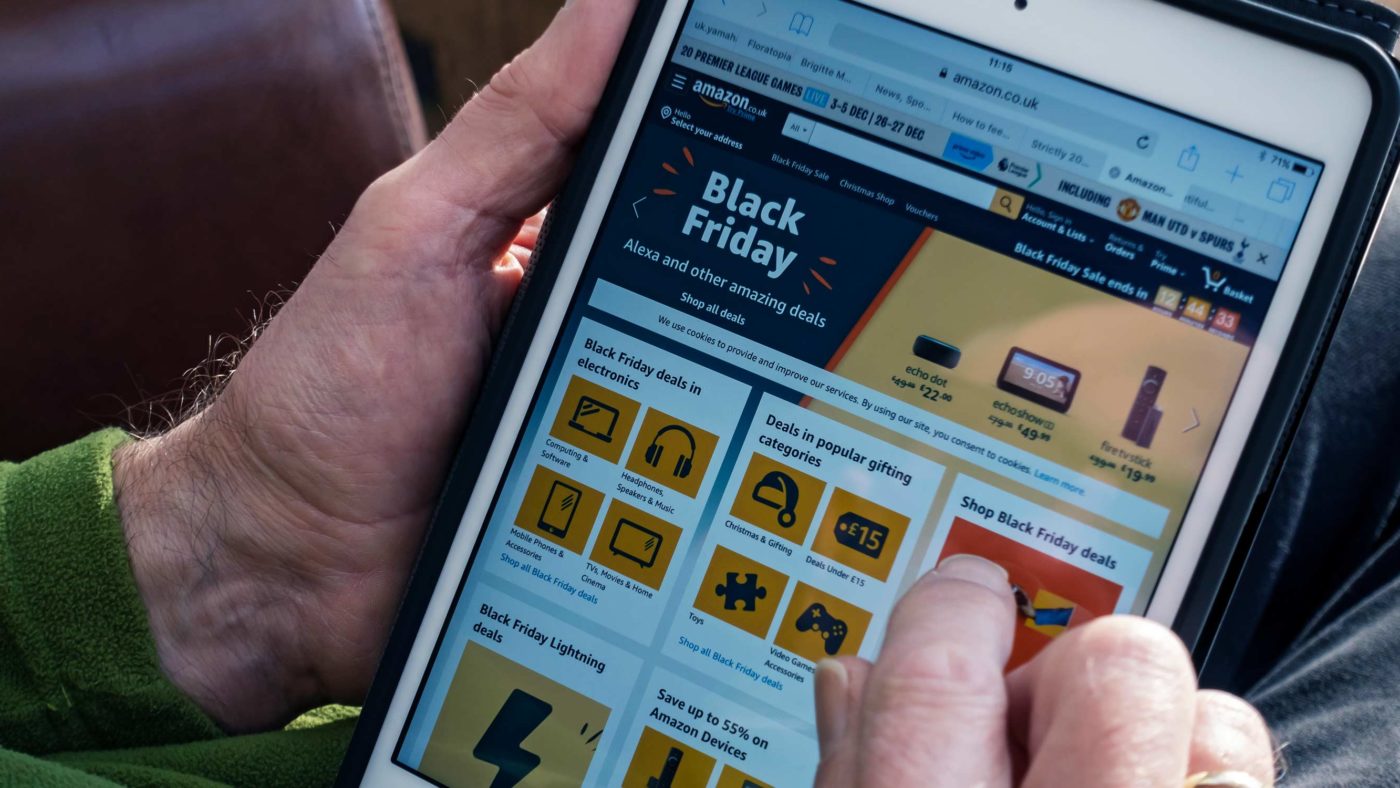At a time like this, why would anyone want a new tax that’s designed to make things more expensive?
The planned online sales tax (OST) is intended to hike the costs of doing business via the internet and, in doing so, drive shoppers back into the arms of their local high street. According to the Treasury, it’s explicitly meant to ‘rebalance’ online and in-store retail, and they’re currently consulting on what impact an OST might have.
As CapX readers will already know from Sam Collins’ recent piece, an OST would be unfair, costly and ineffective. So why on earth are they considering it?
Let’s start with the obvious. Many high streets are not in a good way, and some believe that the price disparity between online and in-store is to blame. There might be some truth in that. Certainly, prices in the shops are on the rise, with inflation at its highest for 30 years and set to breach 10% by the end of the year. Costs for bricks and mortar retailers are higher, and so are prices. But that doesn’t mean prices online should be pushed up by a new tax. Far better to address some of the reasons high streets are so expensive, not least our sluggish and outdated business rates, which have risen by 10% in 10 years.
Maybe it’s something else? Maybe taxpayers feel that tech firms aren’t paying their fair share. Well, that’s our archaic corporation tax system for you. Or perhaps shoppers wonder why some products online don’t seem to have the right levels of tax on them. That’s another problem with our complicated system of VAT exemptions for certain products.
The fact is that almost every tax-related issue with online shopping is a result of problems with an existing tax, and won’t be solved by creating a new one. All a new OST will do is put up prices and make the post-pandemic cost of living crisis worse.
It’s in no one’s interest for that to happen. Around 87% of British adults shop online, according to the Office for National Statistics. Most of us will be affected.
Think of the elderly couple who have seen their local high street change and favourite places close. When they were shielding during coronavirus, it was probably home delivery that got them through. An OST could add anywhere between £34 and £102 to their tax bill. They might understandably be saddened by the shift to online, but that’s no excuse for opportunistic politicians to whack elderly shoppers with a new OST.
Or how about the poorest households. They can’t afford to live in prime locations right in the centre of town next to the shops, and instead rely on the affordable deliveries that are easily accessible online. Taking between another £21 and £64 in tax is not going to help them balance their budgets. Who in their right mind believes it is helpful to the high street to push up their cost of living?
It’s a lose-lose situation. Combined with the coming inflation, the impact of an OST could be pronounced. Before we even talk about inflation, a 2% tax could add between an additional £1.6bn and £2.3bn to the amount spent online. When households are already feeling the squeeze, now isn’t the time to add to their financial worries.
Like it or not, consumers are moving their shopping online, with internet sales as a percentage of total retail sales increasing from 2.8% in November 2006 to 27.6% in February 2022. The pandemic hastened this rise, with internet sales peaking at 37.8% in January 2021.
Yet politicians are pushing ahead with an OST regardless. That’s why the TaxPayers’ Alliance has launched an online tool to help people submit to the HM Treasury consultation – our You Click, Taxman Collects campaign.
It’s deeply regrettable that it’s easier for governments to whack up taxes than address underlying issues with the existing system. But with a cost of living crisis in full swing, introducing a new tax should be anything but easy. It’s time for consumers to make our voices heard. An online sales tax has to be stopped now, or we’ll be paying more when we can least afford it – and then long into the future.
Click here to subscribe to our daily briefing – the best pieces from CapX and across the web.
CapX depends on the generosity of its readers. If you value what we do, please consider making a donation.


